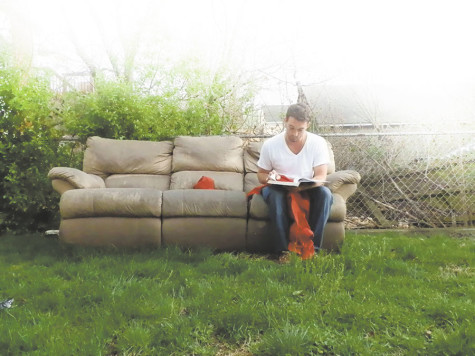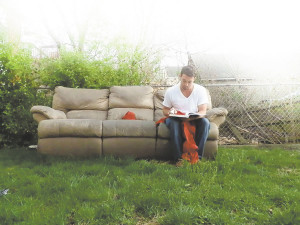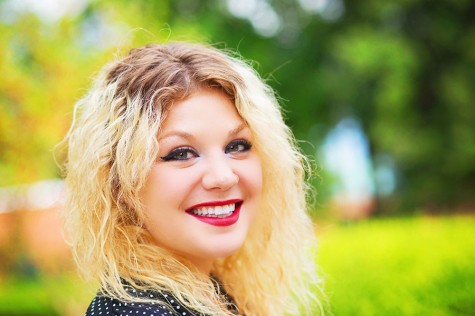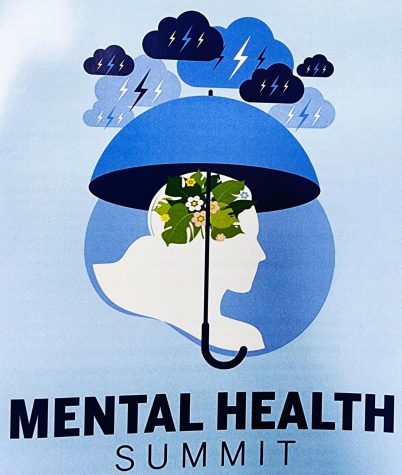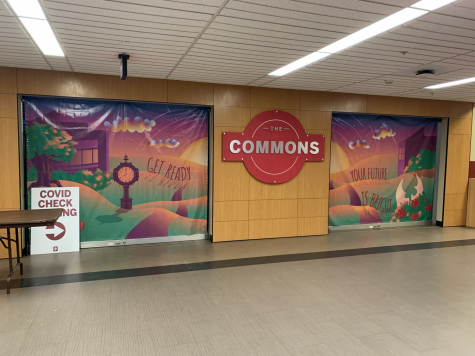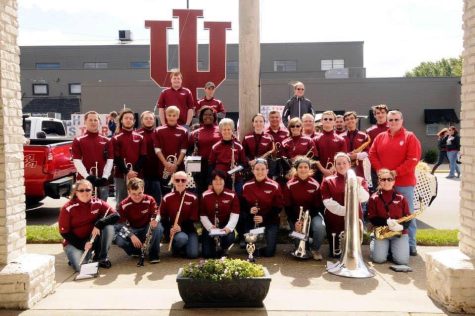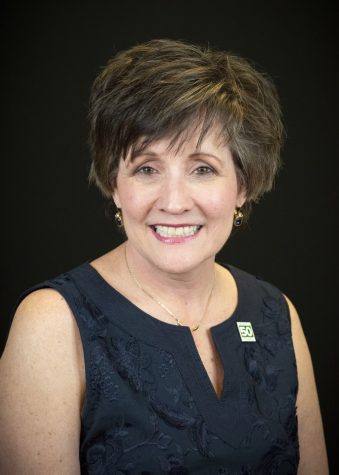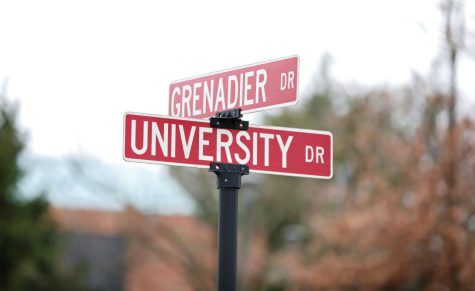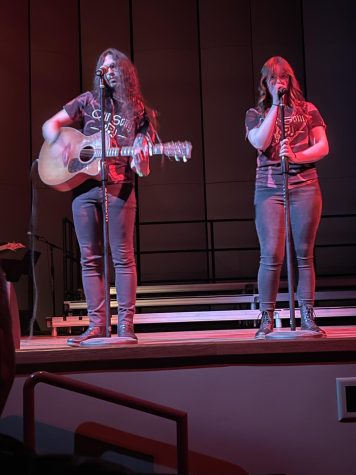IU Southeast Establishes New Counselor Position
April 13, 2015
For most students, a typical day includes something like going to class, getting lunch, and eventually going home to enjoy a decent dinner and homework (throw Netflix somewhere into that equation).
It is not often that we hear the stories of students who struggle to find a ride to school, or money to eat throughout the day, or even a place to sleep that evening.
So imagine the surprise when Jean Abshire, associate professor of political science and international studies, found one of her former students sleeping in University Center.
Abshire said she had, in the past, received reports of students who had faced struggles — such as being unable to afford necessary medications, living out of their cars, and even hunger issues. But this particular situation was a final straw for Abshire.
Abshire said she thinks that people very often wrongly dismiss those who have issues with poverty as having “screwed up”. This, Abshire said, is a major error.
“For her, it was a spiraling series of unfortunate events that weren’t a result of her making poor choices,” Abshire said.
Abshire also said she believes a student can’t really live up to their full potential when dealing with issues like this.
“We as an institution, IU Southeast, want very, very much for our students to succeed. That’s not going to happen as easily if they’re hungry, if they’re homeless, if they’re living in the dark or in the cold because they have no utilities, or if they have health problems because they can’t get the medications they need,” she said.
The student issues brought to Abshire’s, as well as other professors’, attention led her to suggest hiring an official on campus who is experienced in handling these sorts of situations.
“Part of my advocacy for a social worker position was obviously the need for some of our students, but also an understanding that the resources may be out there, but figuring out how to access and navigate them is a completely different set of challenges,” she said.
Abshire said it just made sense to her to advocate for someone on campus who better understood the social support services available in the community, and how to best and most easily access them.
So Abshire began reaching out. In administration, she contacted Executive Vice Chancellor Uric Dufrene, Interim Chancellor Barbara Bichelmeyer and Vice Chancellor Jason Meriwether.
“I basically just kind of reached a breaking point, and I just started firing off emails,” Abshire said.
Abshire said she was delighted by how quickly the responses came. She said shortly after she pitched the idea, an e-mail went out to all faculty asking for feedback.
Between the administration gathering more information on the matter and Abshire’s constant attempts to follow up on the issue, eventually, Director of Personal Counseling Michael Day was contacted and asked to hire a person for the position.
“Nationwide there’s been a trend in universities that there are more students who are either homeless, who have unstable access to food, who have financial strains on them than in the past,” Day said.
Day said that even on our campus specifically, the faculty came forward and said they see more students struggling with living situations and financial situations than in the past.
He said that in one sense, it’s a good thing — meaning that college used to be mainly only for the wealthy.
But with the changing atmosphere, Day said many students get enough financial aid to be in school, but not enough to take care of other basic needs.
“It’s kind of hard to study and pay attention if you don’t know where you’re going to sleep,” Day said.
The position was advertised in November and interviews were made in December. On Jan. 2, 2015, Counselor and Care Manager Karen Richie was hired.
“I perform individual counseling, family counseling, couples counseling, group counseling — all versions of counseling. The other part of my job is the care management piece,” Richie said.
Richie said this part of her job entails locating resources. This even means bringing in resources for students, and for faculty who don’t know where to turn when students come to them with their issues.
“We’re looking to see if we can meet all those needs internally, or have resources that we can refer to externally,” she said.
This includes helping sponsor the Out of the Darkness walk that was held on April 9 on campus in support of suicide prevention.
Aside from the walk, personal counseling services have set up booths across from the library and in the cafeteria, and hosted a suicide prevention presentation and local mental health service fair on April 7 in University Center North.
Richie, who received her BA in psychology from IU Southeast, said she was very excited to be able to return to campus and see some familiar faces.
While the familiarity is nice, Richie said the job also presents her with some new, challenging tasks.
Richie said that personal counseling services want to work towards creating a possible food pantry or something of the sort on campus, where students are able to find something to eat in emergency situations.
“We don’t have all of that worked out yet, because there’s so many different bylaws and rules and all these different things that we have to review,” Richie said.
Another goal of the program, and a goal of Richie, is to create an electronic document that is able to cross-reference resources in the area that can be updated and changed when needed.
Richie said it seems like a big project, but she has her fingers crossed.
“Personally, I like to maintain a challenge for myself. So giving myself a big job — like the document — that’s something I want to keep working towards,” Richie said.
Richie said students who wish to speak with her are always welcome to stop by her office in the Personal Counseling Center on the third floor of University Center.
She can also be reached by the phone at (812) 941-2244 and by email at kerichie@ius.edu.

